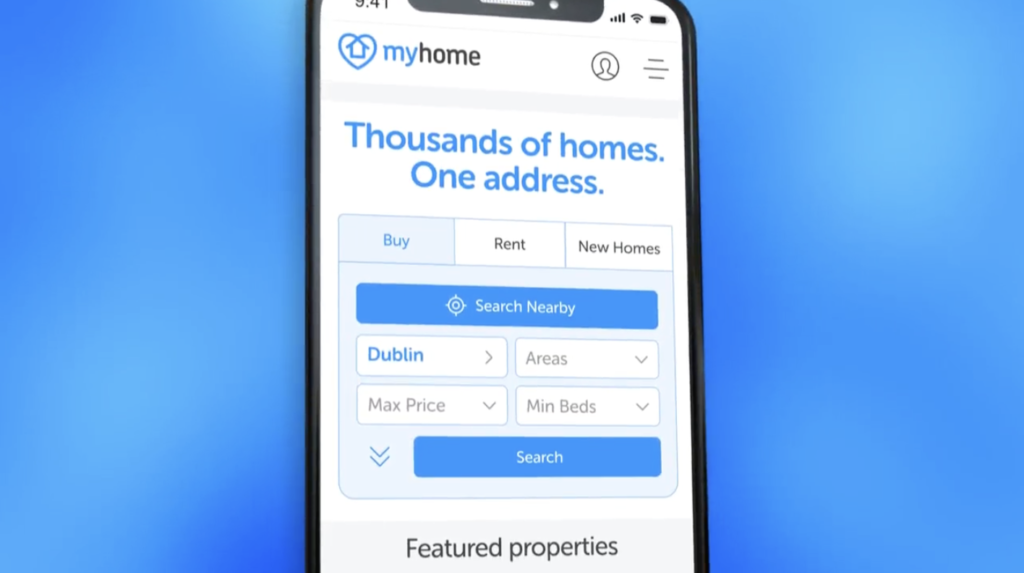If you’re saving for a mortgage, you may be aware of the Central Bank rules regarding mortgage lending requirements. If you’re wondering how these mortgage rules will affect you as a First Time Buyer, we’ve listed some frequently asked questions below.
I’m a First Time Buyer. How do the Central Bank mortgage rules impact me?
The Central Bank rules are concerned with both Loan to Income ratio and Loan to Value ratio.
As a First Time Buyer, you have the capacity to borrow up to multiples of three and half times your basic earned income. This is your gross income before income tax, PRSI and USC are deducted and this is known as the Loan to Income ratio (LTI).
The second part of the Central Bank Rules relates to Loan to Value (LTV). As a First Time Buyer, you need to provide a deposit of 10% towards the property purchase price. For example, if you are buying a property for €100,000, you need a minimum deposit of €10,000. There is a maximum of 75% loan to value for a one-bedroom property.
Besides my savings, what else will the bank take into account when looking at my mortgage application?
Aside from the Central Bank Rules, you will need to prove that you are in the position to pay back a mortgage.
For example, if you’re looking to take out a mortgage of €200,000 over 25 years, your bank is required to put stress-testing in place. This risk assessment is to ensure you’ll be able to comfortably manage the repayments if interest rates were to rise over the life of the mortgage.
So, what we look for in an application is repayment capacity, if you are renting how much is the rent? We will also look at your current savings. If you’re doing both, this is a great sign that you can manage repayments because you are already in the habit and demonstrating a repayment capacity. We recommend paying rent by standing order or using Internet banking so that this is easy to prove. If this isn’t possible, it’s essential to keep a rent book.
Be realistic about the mortgage you can afford. Even with savings, banks won’t like to see that we’re taking all your money to service a mortgage. This is called a net disposable income policy.
For example, if you’re a married couple with one dependent, you have to prove that there is enough disposable income after the mortgage repayments to have a life. We need to see in this case that there is €2,300 left per month after the proposed mortgage repayment. If not, you may have to scale back on the amount you are asking for on the mortgage. If you’re a single applicant First Time Buyer, that figure is €1,400.
Would you like to find out more about Mortgages?
If you have other mortgage questions, feel free to speak to an AIB mortgage advisor by making an appointment in your local branch or go online to find out more.
Log on to our Mortgage Calculator to quickly work out how much you could borrow today. And check out the AIB Smartmove App – it includes a wide range of convenient features, helpful hints and tips about saving.
Allied Irish Banks, p.l.c. is regulated by the Central Bank of Ireland. Copyright Allied Irish Banks, p.l.c. 1995.









